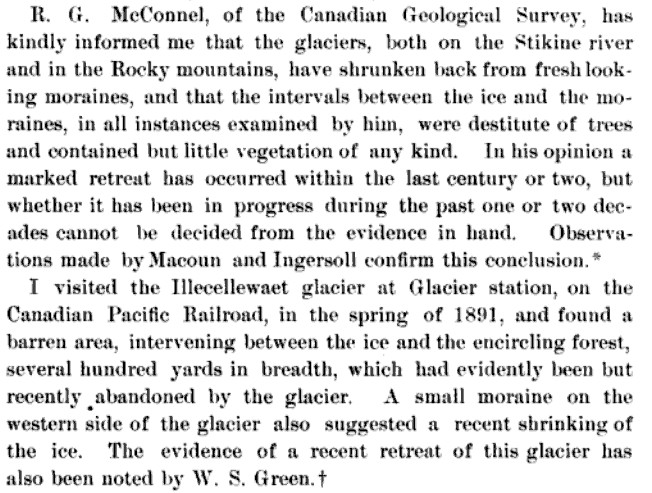Disrupting the Borg is expensive and time consuming!
Google Search
-
Recent Posts
- Gaslighting 1924
- “Why Do You Resist?”
- Climate Attribution Model
- Fact Checking NASA
- Fact Checking Grok
- Fact Checking The New York Times
- New Visitech Features
- Ice-Free Arctic By 2014
- Debt-Free US Treasury Forecast
- Analyzing Big City Crime (Part 2)
- Analyzing Big City Crime
- UK Migration Caused By Global Warming
- Climate Attribution In Greece
- “Brown: ’50 days to save world'”
- The Catastrophic Influence of Bovine Methane Emissions on Extraterrestrial Climate Patterns
- Posting On X
- Seventeen Years Of Fun
- The Importance Of Good Tools
- Temperature Shifts At Blue Hill, MA
- CO2²
- Time Of Observation Bias
- Climate Scamming For Profit
- Climate Scamming For Profit
- Back To The Future
- “records going back to 1961”
Recent Comments
- Bob G on Gaslighting 1924
- Bob G on Gaslighting 1924
- conrad ziefle on Gaslighting 1924
- Bob G on Gaslighting 1924
- Bob G on Gaslighting 1924
- arn on Gaslighting 1924
- conrad ziefle on Gaslighting 1924
- Gordon Vigurs on Gaslighting 1924
- conrad ziefle on Gaslighting 1924
- Robertvd on Gaslighting 1924
Rapid Retreat Of Rocky Mountain Glaciers In The 19th Century – Due To Climate Change
This entry was posted in Uncategorized. Bookmark the permalink.




Just pulled up one of my old photos from 1973. Brings back memories of hiking up to Perley Rock in Glacier National Park. The photo overlooks the toe of said Illecellewaet Glacier. I searched for a more recent photo taken from the same vantage point. The recent photo show the glacier has retreated somewhat from the 1973 extent but the toe is still in the more recent photo. Not knowing the scale in the photos, I can’t say how much the retreat is. Old anecdotes and photos from the late 19th century show that the glacier was rapidly retreating in that era.
I know that area very well. That glacier definitely has continued to retreat since the 1970s. And with photographs of it dating back to the 1890s it is one of the best recorded. That is what happens when Little Ice Ages end.
Not sure of its exact status at the moment but the Columbia Icefields in the adjacent Rockies, which has a similarly well documented shrinkage, seems to have stalled in the past few years so maybe the I Glacier has too. Given the snowpack in the region this year so far, I wouldn’t expect any shrinkage this year barring some outbreak of extreme planetary fever this summer.